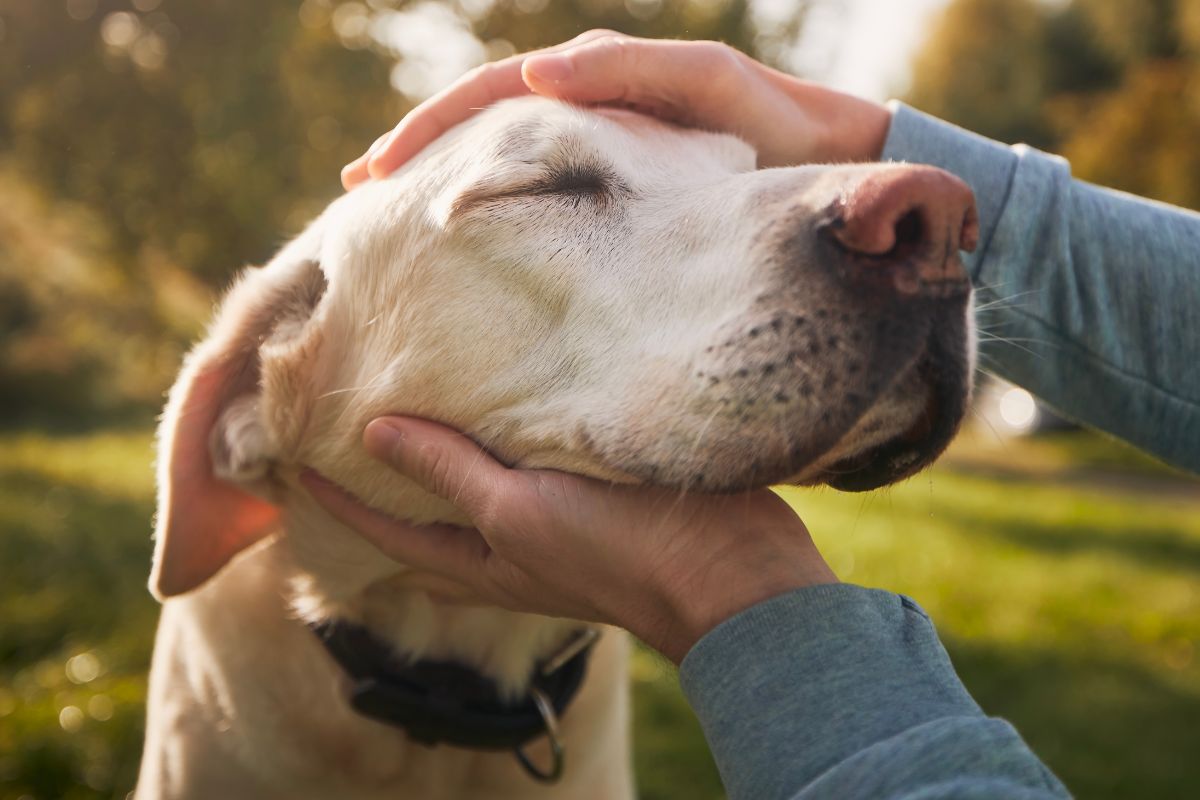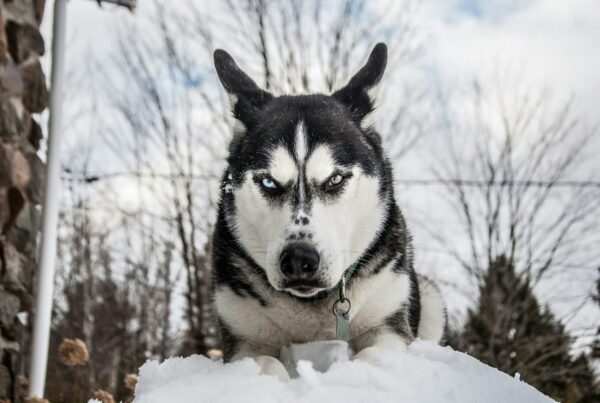As our furry friends get older, their requirements tend to change including a more individualized approach to their care needs. Senior pet care not only deals with the medical problems of elderly pets but it involves their mental health, cognitive skills and ability to stay independent. This article describes ten holistic approaches to senior pet care that concentrate on the bond between the pets and their owners and invoke a happy life.
1. Nutrition Tailored to Senior Needs
Like the elders, senior pets need some specific nutrients to make up for the ageing body. Select premium pet meals with omega-3 fatty acids, antioxidants, and joint-supporting ingredients as ingredients to support good mobility and health.
2. Regular Veterinary Check-ups
Regularly taking your pet to the vet is especially important when the pet becomes older. During these inspections, age-related conditions, such as arthritis and dental problems, as well as cognitive decline, can be discovered early, setting the stage for timely treatment and monitoring.
3. Physical Activity and Mental Stimulation
Encourage senior pets to take part in gentle exercises to the maximum of their abilities including short walks and low-intensity activities like swimming. Interaction with puzzle toys, training sessions and exciting games stimulates the brain and avoids boredom.
4. Holistic Therapies
Offer mitigating treatments such as acupuncture, massage, and hydrotherapy for pain relief, circulation improvement and relaxation promotion. These integrative modalities work along with veterinary mainstream care, and they can improve the quality of life of older pets.
5. Dental Care
Senior dogs’ dental health must be maintained as untreated dental problems can lead to systemic illness. Implement dental care regularly including brushing their teeth, giving your pet dental chews and your veterinarian recommendations for professional dental cleanings. They now have anastesia free dental cleanings which allows many senior pets to still get their teeth cleaned without the risks associated with sedation.
6. Supplements for Joint Health
Supplements with glucosamine, chondroitin and MSM work well in elderly pets to help ease arthritis and support joint function. Make a consultation with your vet to decide what kind of supplements and how much of them is optimal for your pet depending on his individual needs.
7. Environmental Modifications
Adjust your home features to meet the new needs of your senior-age animal companions. Install orthopedic supports, ramps or stairs to ensure mobility, and ease of access to food, water, and litter boxes.
8. Emotional Support and Companionship
The sociability of elderly pets is enhanced when they are surrounded by love and emotional attention from their owners. Take time to nurture this special relationship with your pet through soothing grooming, carefree cuddling and just being there to reassure them and relieve any feelings of anxiety or loneliness.
9. Routine and Predictability
A daily routine, which remains constant, helps the elderly pets feel comfortable and less anxious. Ensure regular meals, pit stops and sleep schedules, minimizing disruptions and offering them a sense of stability in their lives.
10. Quality of Life Assessment and Palliative Care
With pets growing aged it is very important to tend to their comfort as well as their dignity. Periodically measure their quality of life by surveying their appetite, mobility, behaviour as well as overall emotions. Treatment at the end of life becomes a priority when a pet is diagnosed with an incurable disease or experiences significant discomfort. Pain management along with measures that improve the quality of life become the focus.
11. Mental Health and Cognitive Enrichment
Just as physical health is vital, cognitive health is also important for senior pets. The same cognitive decline as that of old age human dementia can also affect dogs, leading to confusion, disorientation and behaviour change. Cognitive fitness can be enhanced by introducing actions that are challenging for the mind, like puzzles for food, scent games and basic obedience training. These cognitive activities develop and maintain their cognitive skills, keep them mentally busy, and may have an anti-ageing process in their brains.
12. Socialization and Interaction
The social lives of elderly pets undoubtedly improve when they spend time with other animals and humans. Organize play-dates among appropriate canines or felines to create a chance for more interaction and mental stimulation. Also, take them to family events and outings whenever possible, so that they feel part of the family and close to the human family members.
13. Environmental Enrichment
Making the senior pets’ living environment more colourful can often improve their general condition. Give cats a selection of toys, scratching posts, and climbing structures. For dogs, have interactive toys and safe chew items. Toys should be rotated from time to time to keep the kids interested and boredom away. Considering outdoor areas or windows where pets can see and observe the outside world, you can stimulate their senses and prevent them from feeling bored.
14. Monitoring Mobility and Pain Management
Be mindful of any changes in your senior pet’s mobility and behaviour, especially if you notice that the pet is less active or reluctant to engage in some activities, as that might indicate pain or discomfort. Work in close coordination with your veterinarian to devise a pain management plan that caters to the unique needs of your pet, which may involve medication, physical therapy, and other pain management modalities such as acupuncture or laser therapy.
Conclusion
In conclusion, general specialized senior care of pets includes a comprehensive approach to ensuring their psychological, physiological and cognitive demands. Through using these fourteen holistic approaches to old pet care, pet owners can uphold a strong bond with their beloved pals while at the same time ensuring their independence and enhancing their overall status. Recollect, each senior pet is exclusive, so design the care plan to fit his/her specific needs, and take some insights from your veterinarian on personalized guidance and support.
Did you find this city dog content helpful? Share it with a friend or link it to social media. Enjoy short clips of silly dogs? Best dog training videos? Holistic puppy training tips? Follow us on instagram @nydognanny or on YouTube at nydognanny. Have some news you needs to get to dog and cat parents stat? Email info@newyorkdognanny.com with your article pitch.
https://calendly.com/cynthia130




